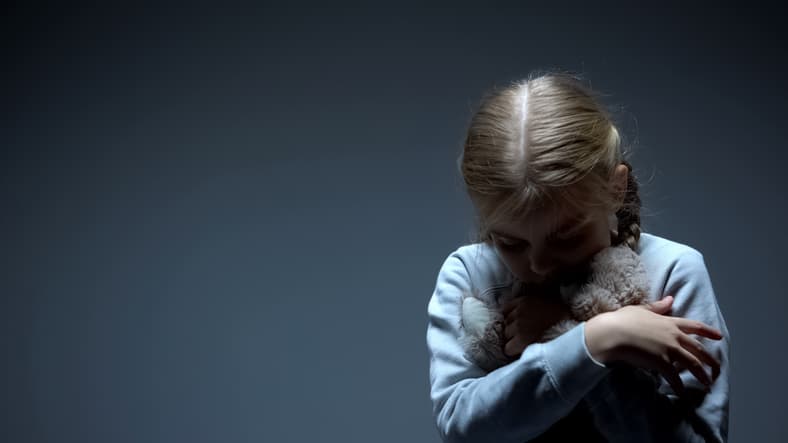Enterprise Solutions
Research
Childhood trauma and adult mental health link to be explored

Freya Lucas
May 28, 2019
Save
Former Australian Prime Minister, and Chair of Beyond Blue, The Hon. Julia Gillard AC, launched a cutting-edge research project taking aim at the link between early childhood trauma and adult mental health issues yesterday.
The multi-million dollar project will be led by the Murdoch Children’s Research Institute, and is co-funded by Beyond Blue and the National Health and Medical Research Council.Running for five years, the project will seek to reduce the impact of adversity or hardship on young children aged zero to eight years in Wyndham, Melbourne, and Marrickville, Sydney and identify and enhance support services for at-risk families.
Professor Harriet Hiscock will lead a team of researchers from 11 Australian institutes and universities, commencing the research by finding out exactly what practical supports parents need in order to reduce hardships at home, for example more accessible counselling, housing support and health care.
The long-term goal of the research, Professor Hiscock said, was to prevent or establish early intervention in incidents of childhood trauma or adversity in order to reduce national rates of depression, anxiety and suicide.
Noting that children who experience stresses or adversities as they grow up are six to 10 times more likely to develop mental health problems later in life, the Professor said that by lessening stressors on young children, wellbeing would improve, both now and in the future.
She outlined a range of adverse experiences which impact on children, including physical and emotional abuse or neglect, parent mental health problems, harsh parenting, parent substance abuse, housing problems and social isolation.
In launching the project, Ms Gillard described the work of the Murdoch Children’s Research Institute’s work as vital given half of all adult mental health issues emerge before the age of 14.
“This program will demonstrate how important it is to invest in the early years because adverse childhood experiences can have life-long implications for mental health, social, academic and employment outcomes,” Ms Gillard said.Whilst previous research has demonstrated the benefits of tackling the childhood origins of mental health problems, Australian families most in need were still not getting support, senior research team member Professor Sharon Goldfeld said.
“We don’t yet know exactly what the mix of supports will be, but there may be a need for more health, educational and social supports, for example relationship counselling, parenting advice, help to break free from addiction to drugs and alcohol, help to find affordable housing, financial or psychological counselling, access to specialist medical care or access to quality early childhood education and care.”
Once the supports have been decided, Professor Goldfeld said “we could deliver these at a one-stop shop like a community health centre and then we will work hand-in-hand with the community to care for families.”
The final stage of the five year project will examine how well the redesigned systems work, so that effective models could be adopted by Governments and service providers around Australia.
For more information, or to stay up to date with the progress of the research, see here.
Don’t miss a thing
Related Articles



















